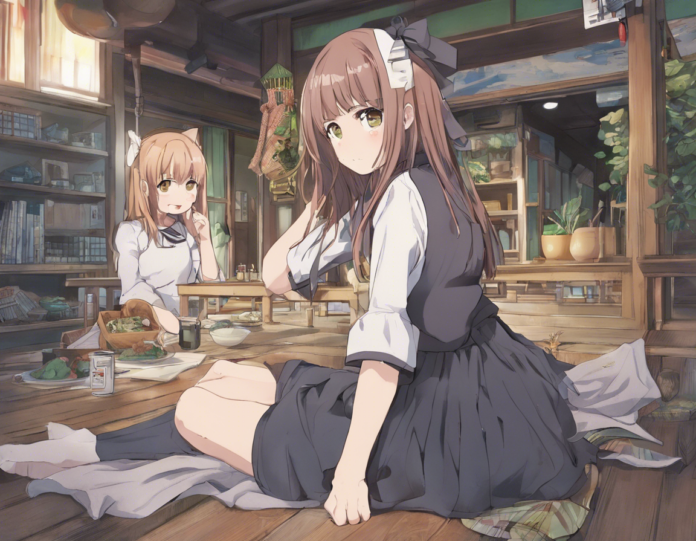Introduction
Oniichan Wa Oshimai, a popular phrase in Japanese pop culture, holds significant meaning and relevance in various contexts. From anime and manga to real-life relationships, this expression encapsulates a spectrum of emotions and dynamics. Let’s delve deeper into the multiple facets and interpretations of Oniichan Wa Oshimai.
Understanding Oniichan Wa Oshimai
In Japanese, “Oniichan” translates to “older brother” or “big brother,” while “Oshimai” means “is over” or “is finished.” When combined, Oniichan Wa Oshimai loosely translates to “Big Brother, it’s over” or “Big Brother, the end.” This phrase is commonly used in anime and manga to depict a scene where a younger sibling, usually a sister, asserts her independence or stands up against her older brother.
Significance in Anime and Manga
In the realm of anime and manga, the dynamic between siblings is a recurring theme that adds depth and complexity to the narrative. The use of Oniichan Wa Oshimai symbolizes a shift in the sibling relationship dynamics. It often portrays a coming-of-age moment for the younger sister, where she decides to break free from the protective or authoritative shadow of her older brother and assert her individuality. This phrase is typically accompanied by a gesture or action that signifies the sister’s resolve to stand on her own.
Emotional Depth and Symbolism
The phrase Oniichan Wa Oshimai carries emotional weight, reflecting the bittersweet process of growing up and maturing. It signifies the end of a certain chapter in the siblings’ relationship while also marking the beginning of a new phase characterized by equality, mutual respect, and understanding.
Cultural Implications
In Japanese culture, respect for elders and hierarchical relationships hold significant importance. Therefore, the use of Oniichan Wa Oshimai in anime and manga reflects a subtle rebellion or a shift in traditional family dynamics. It showcases the younger sister’s courage to assert her autonomy and make her own decisions, challenging the stereotypical roles assigned to siblings.
Real-life Parallels
While Oniichan Wa Oshimai is commonly seen in fictional works, its essence transcends anime and manga. In real life, siblings often go through phases of conflict, growth, and reconciliation. The phrase can be seen as a reflection of the struggles and triumphs within sibling relationships, where boundaries are tested, and individuals assert their identities while navigating the complexities of familial bonds.
FAQs (Frequently Asked Questions)
1. What is the origin of the phrase Oniichan Wa Oshimai?
Oniichan Wa Oshimai originated from Japanese pop culture, particularly in anime and manga, where it is used to depict pivotal moments in sibling relationships.
2. Is Oniichan Wa Oshimai always a negative expression?
No, the phrase Oniichan Wa Oshimai is nuanced and can carry both positive and negative connotations depending on the context in which it is used.
3. Are there variations of Oniichan Wa Oshimai in different languages?
While the specific phrase may not exist in other languages, the themes of sibling dynamics and asserting independence are universal and can be found in various cultural expressions.
4. How does Oniichan Wa Oshimai impact character development in anime and manga?
Oniichan Wa Oshimai serves as a catalyst for character growth and development, especially for the younger sibling, who undergoes a transformation in asserting their independence.
5. Can Oniichan Wa Oshimai be interpreted differently based on cultural backgrounds?
Yes, interpretations of Oniichan Wa Oshimai may vary based on cultural norms and values surrounding sibling relationships and familial dynamics in different societies.
In conclusion, Oniichan Wa Oshimai encapsulates a rich tapestry of emotions, symbolism, and cultural nuances that resonate with audiences across different mediums. Whether viewed as a simple phrase in anime or as a reflection of real-life dynamics, this expression serves as a poignant reminder of the complexities and beauty of sibling relationships.

